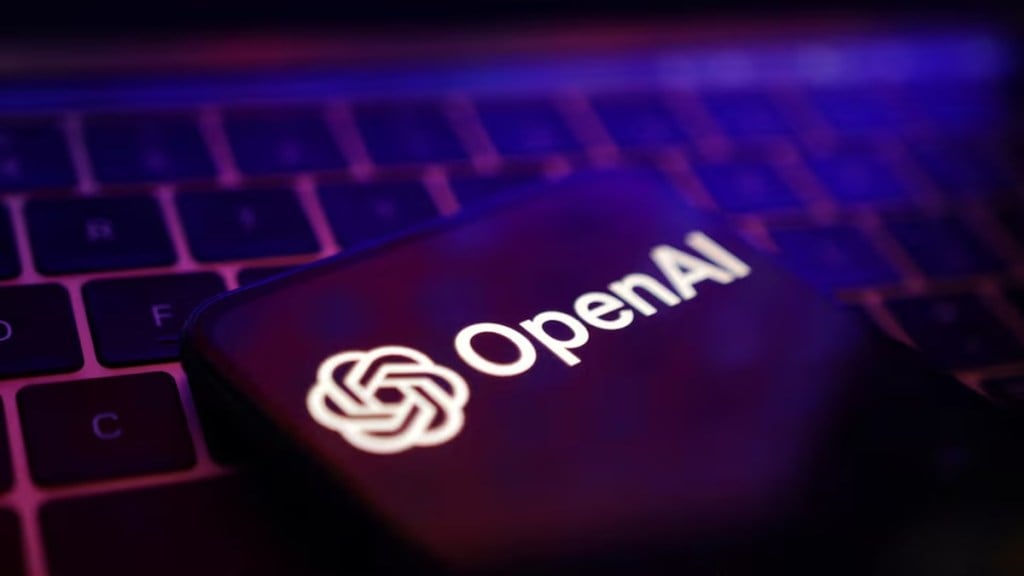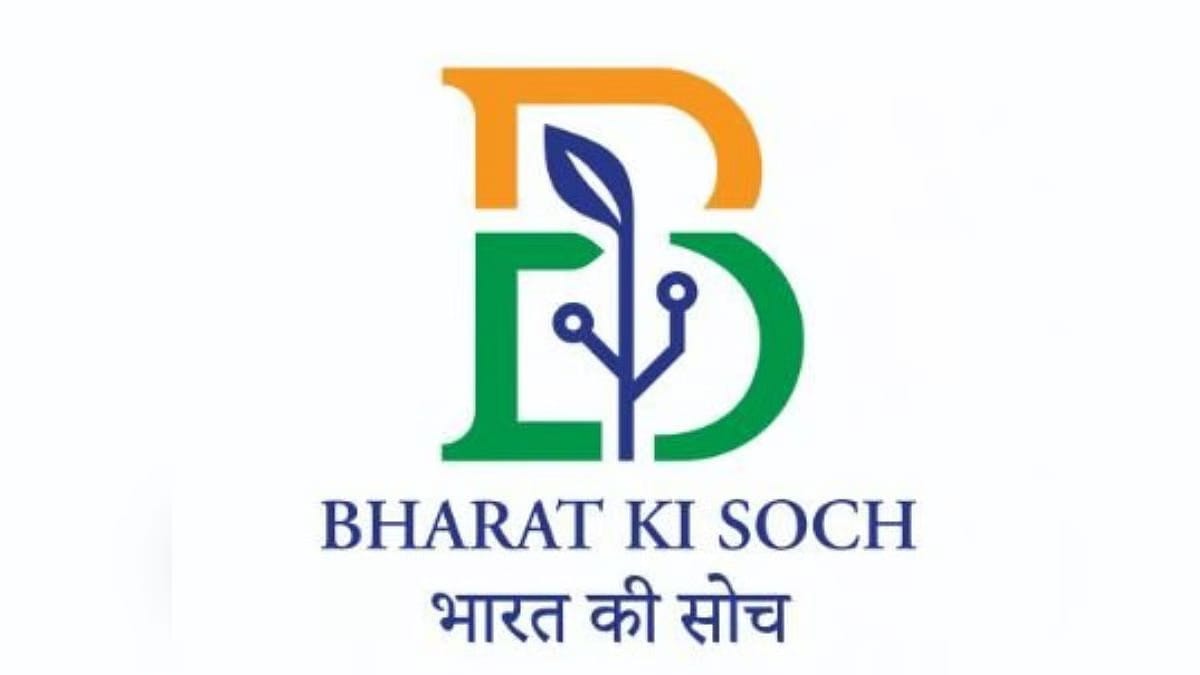OpenAI’s legal battles in India are mounting, with music labels echoing concerns of copyright violations raised by media outfits and book publishers earlier. The court cases could redefine AI accountability under Indian copyright law, explains Ritwik Sharma
OpenAI’s legal challenges in India
India’s biggest music labels such as T-Series, Saregama, and Sony Music are suing OpenAI for “unauthorised use of sound recordings” in training artificial intelligence (AI) models that they claim have breached copyright. The labels have sought to join a lawsuit against the Microsoft-backed company filed by news agency ANI last year. ANI had accused OpenAI of using its news content to train its ground-breaking chatbot, ChatGPT, without permission. These are not the only parties that have challenged OpenAI. In January, Reuters reported that the Federation of Indian Publishers had filed a similar case against OpenAI at the Delhi High Court. OpenAI has also faced legal action from Indian media outlets for alleged improper use of copyright material.
In its defence, OpenAI has opposed the ANI lawsuit saying that courts in India lack jurisdiction since it is a US-based company with servers abroad. The company has also said that it follows fair-use principles in deploying publicly available data to create its AI models.
Has it faced similar problems elsewhere?
OpenAI has been embroiled in legal battles globally. These cases include ones involving prominent authors such as John Grisham. In 2023, The New York Times sued it over copyright infringement, while regulators in the US have probed the company for potential antitrust breaches. The New York Daily News and the Center for Investigative Reporting have joined hands with NYT in the lawsuit.
In March 2023, Italy banned ChatGPT temporarily for not complying with the European Union’s stringent General Data Protection Regulation, accusing it of collecting user data without explicit consent. OpenAI has faced probes into data collection practices in multiple European nations. The UK too has raised concerns over copyright laws and AI, and its government last year also proposed to let AI developers use copyrighted content without permission and strike licensing agreements between AI firms and content creators.
What do Indian IP laws say?
Section 14 of the Copyright Act, 1957, provides owners exclusive rights, including to reproduce the work and communicate it to the public, says Apoorva Murali, partner, Shardul Amarchand Mangaldas & Co. Any act by a person that falls within the exclusive domain of the right-holder would amount to infringement; the courts have to decide if the rights enumerated in Section 14 are violated by using copyrighted material to train AI models to even raise a claim of infringement, she adds. Understanding what entails training a large language model (LLM) would be key to help determine whether any of the exceptions to infringement provided under the Act would be applicable in this case. Bharadwaj Jaishankar, partner, IndusLaw, points out that India’s intellectual property (IP) laws do not have AI-specific provisions, so courts have to interpret existing laws. If OpenAI has used copyrighted material without explicit consent and it is unable to defend fair use, it could face liability, he adds.
What are fair-use principles?
Fair use is a legal doctrine that permits limited use of copyrighted material without the owner’s permission and constitutes a defence against copyright infringement claims, says Jaishankar. “Fair use”, referred to as “fair dealing”, is provided in Section 52(1)(a) of the Copyright Act. It is an exception to infringement applicable to any work, except computer programmes, for private/personal use; criticism or review; and the reporting of current events, including of a public lecture, Murali says. “While fair use is determined applying a four-factor test (purpose, nature, amount, and effect on the market), its Indian counterpart has a fairly limited applicability.”
OpenAI’s argument over jurisdiction may not hold, as Indian courts can rule on violations occurring within their territorial ambit. Under the Copyright Act, a copyright owner can sue where they reside or conduct business, says Jaishankar. Since OpenAI’s services impact Indian users the courts may rule that the cause of action arises in India.
Effect on legal framework for AI
The Delhi High court is hearing the ANI case on Friday. Jaishankar sees it as a potential turning point in defining AI’s accountability under Indian copyright law. “With multiple lawsuits against LLMs worldwide (including against OpenAI), courts are now forced to address a crucial legal gap: how to regulate AI without stifling innovation,” he says. The case could set important legal precedents, determining whether AI-generated content qualifies as copyright infringement and if developers must seek prior permission to use copyrighted material. “A ruling in India may influence amendments to the Copyright Act,” he adds. Legal disputes in the area of AI, says Murali, may assist in identifying lacuna in the law, addressing issues arising from technological development and possible remedies. “These may include a specific framework to address AI training and generative AI works, and addressing issues of AI governance specifically having cross-border implications,” she adds.








